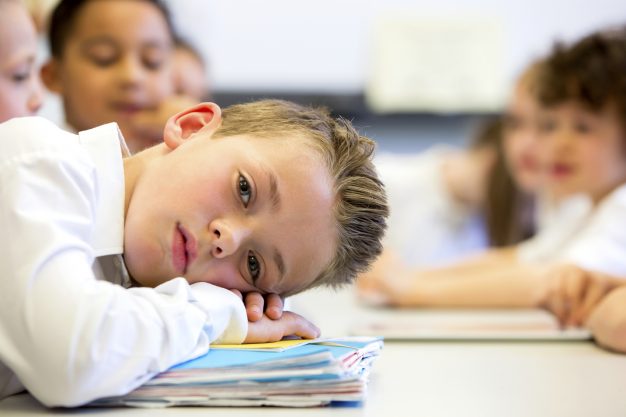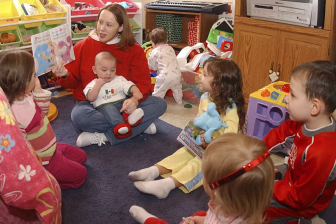
Do children benefit from theraupetic day school?
Consideration is being given in the United States to the expansion of the therapeutic day school concept. Therapeutic day schools serve students ages 6yrs-18yrs who have emotional, behavioral and educational challenges that prevent them from being successful in the public school setting.
Therapeutic day school
A recent discussion in my local newspaper, The Kansas City Star, proposed the growth of an alternative school environment, the therapeutic day school, for kids who struggle to learn because of the effects of an emotional trauma. The U.S. Department of Education formally defined “emotional disturbance” in an effort to standardize the education system’s “responses to interventions”. According to Sophia Duffy of DePaul University, one of the few to formally study the implementation and responses to such specialized programs in the U.S., therapeutic day schools only address the learning needs of 5% of the student population. This kind of “flexible service” program provides students with intensive individualized mental health services in addition to education.
The concept is interesting to me; most especially because I am a child clinician and have been a behavioral consultant in schools across two counties in the state of Kansas. Providing help to children is always a good idea. And I do believe that emotions and cognitions are the basis of behavior. Therefore, if a child is experiencing an emotional or cognitive disconnect, it is likely this child will struggle with functioning in an academic setting. However, the “family” therapist in me questions if this specialized programming in an academic setting is the best approach.
The simple reason is that problems are generally systemic. This means that all of us within a system (family/society) are constantly affecting one another, impacting everything from how we feel emotionally to how we act behaviorally. So, how is a specialized school for 5% of the student body going to effect change in the familial system that created and maintains the maladaptive coping style of the student? In short, how is therapeutic day school implementing sustainable change in the lives of children if the parents and families are not also receiving specialized education and therapeutic services?
Communal responsibility
WHO then is actually responsible for systemic change? I question whether it’s the school’s responsibility to address the emotional impact of family trauma? A child’s maladaptive behavior surely has an effect on the school and the learning outcomes of other students. For this reason only, I can respect the consideration being given to incorporating specific programming for children dealing with adverse childhood experiences. However, research on the impact of flexible service delivery on academic achievement is minimal at best. And if you think about it, a student’s context outside of the academic environment is relevant to their experience inside of the classroom and therefore how could we reasonably expect outcome measures based on academic improvement to be accurate for this specialized group?
As I see it, if we create special school programming to provide help for the scars left by home-life are we not as a community stating that the outcome or documentation of progress is dependent upon the child’s ability to cope, change and prosper? Is it really fair to put the weight of a resolution on the shoulders of a child? Where is our communal responsibility to the caregiver? How is a specialized learning environment ensuring that as the child does his/her therapeutic work to overcome adversity, he/she will have a secure, capable, loving caregiver to return to at home?
Treatment options
In my work with families, I find parents more often enlist help for their children before considering either their own needs or their own culpability. Children are so often windows into the family as a whole. But in my clinical practice, I require adult caregivers of these “troubled” children, to also attend sessions with me intermittently; to hold them both accountable and to serve their own emotional needs. Things that trickle down tend to evaporate back up. And so, my belief is that if a child is displaying maladaptive behavior, this at the very least, is affecting the parent’s own ability to repair and reprocess. If you teach a child how to regulate him/herself but don’t teach a parent, a child is likely to be re-traumatized or re-exposed.
Parental involvement
So perhaps what has me investigating the idea of therapeutic day schools further is not a total opposition or desire to discount it, but rather a drive to see holistic, systemic change. How we can hold the adult caregiver responsible for some of the burden of repair and recovery in the academic setting? One idea might be that in order for a child to be admitted into a therapeutic day school, his/her parents must also begin treatment with a counsellor, social worker or therapist. Or perhaps, some of the educational aspects of the special day schools would include the presence and participation of family activities, family education, family homework and family counselling. Real, authentic, family preservation addresses all parts of the system.
Julia Harkleroad is a child and family therapist in Prairie Village, KS, USA.



